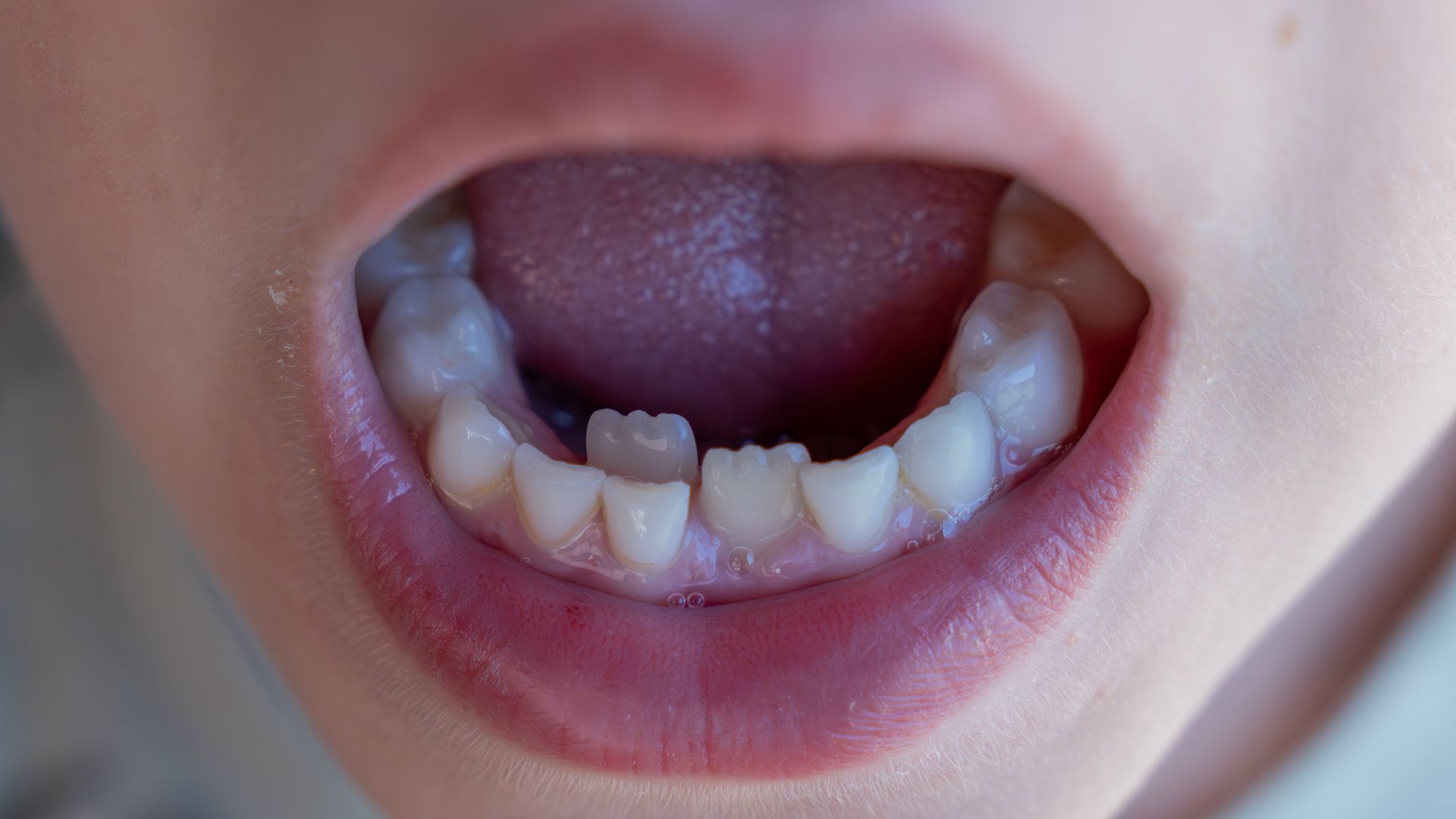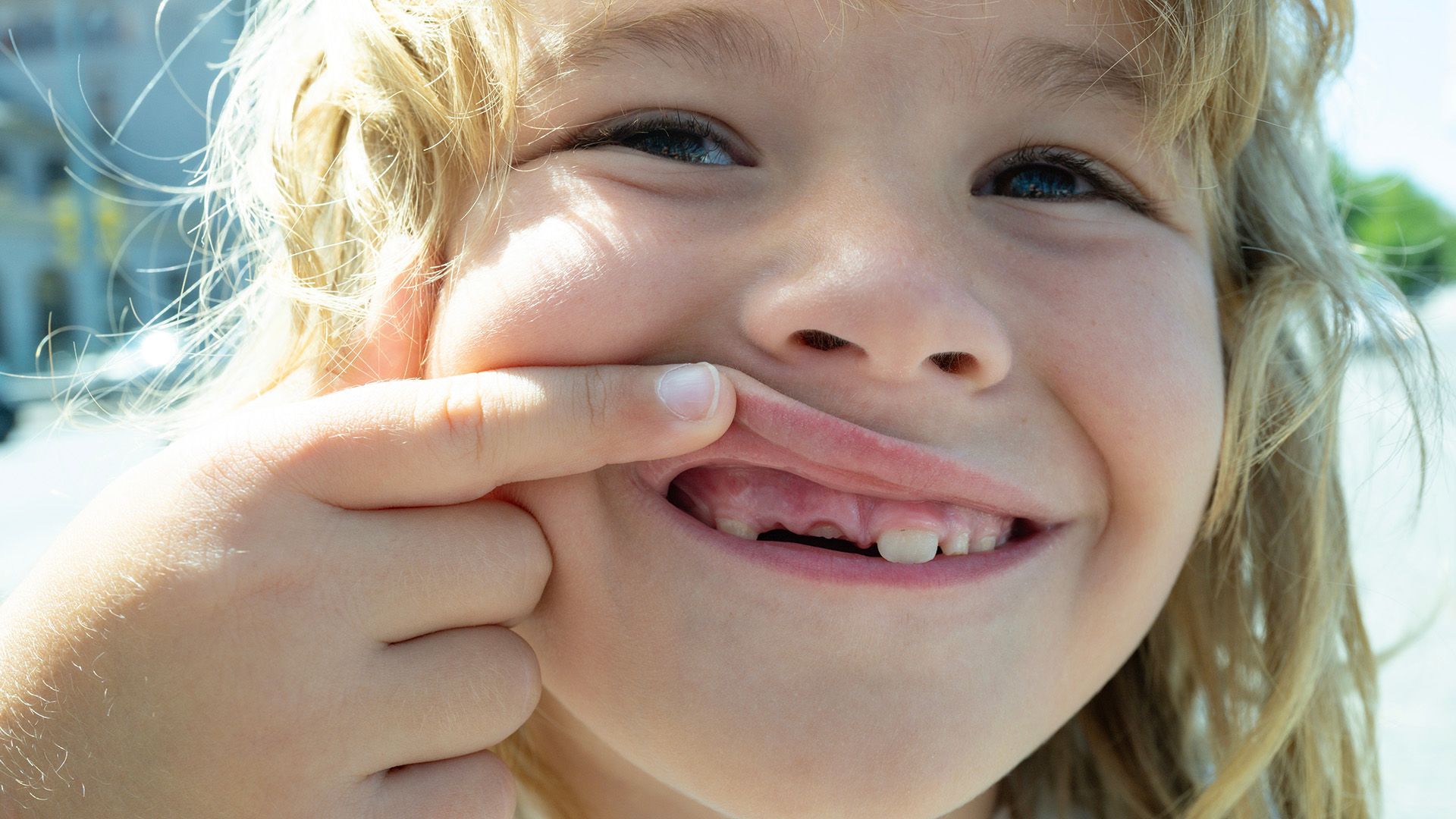The Link Between Oral Health and School Performance
In the quest for academic success, parents and educators often concentrate on cultivating academic skills and emotional resilience. However, an essential yet frequently overlooked factor in a child's educational journey is oral health. Studies consistently reveal the link between oral health and school performance. Conditions such as tooth decay, gum disease, and poor oral hygiene can lead to discomfort, absenteeism, and concentration issues in the classroom. Maintaining oral health is crucial not only for a bright smile but also for enhancing a child's learning capabilities. This article delves into the vital connection between oral health and school performance, offering practical advice for parents and caregivers.

Understanding the Impact of Oral Health on Learning
Oral health is integral to a child's cognitive function and overall learning experience. Research highlights that poor oral health can lead to pain, difficulty concentrating, and reduced participation in school activities. Dental problems can diminish a child's focus on studies, negatively impacting their academic performance and cognitive growth.
Statistics further emphasize the link between oral health and educational outcomes. For example, children with untreated dental issues are more likely to miss school, resulting in a significant loss of instructional time. Data suggests that around 51 million school hours are lost annually due to dental-related illnesses, directly affecting a child's ability to maintain pace with peers academically. Moreover, children experiencing oral pain often have lower grades and decreased classroom engagement, underscoring the need for effective dental care.
Oral health also plays a critical role in a child's overall development. Healthy teeth and gums are vital for proper nutrition, aiding children in chewing food efficiently, which is essential for growth. Good oral hygiene habits established early in life promote lifelong health and well-being, supporting academic success, social interactions, and self-esteem—key components of a child's development.
Common Oral Health Issues in Children and Their Effect on Academic Performance
School-aged children frequently encounter dental problems that can significantly affect their oral health and academic performance. Common issues include cavities, tooth decay, and gum disease. Cavities are particularly prevalent among children due to diets rich in sugary snacks and drinks. When left untreated, these dental problems can lead to severe complications, hindering a child's ability to concentrate in school.
Dental pain and discomfort can severely impede a child's concentration. Toothaches or sensitivity can make it challenging for children to focus on lessons, engage in class discussions, or complete assignments. The distraction caused by persistent pain can result in decreased participation and poorer academic outcomes. Additionally, anxiety related to dental issues can further inhibit effective learning.
Another crucial factor is attendance. Children with dental problems often miss school due to pain or dental appointments. Research shows that absenteeism is associated with lower academic achievement. Missing classes leads to falling behind in studies, creating a cycle of educational challenges. Thus, maintaining good oral health is vital not only for an attractive smile but also for a child's educational success. Regular dental check-ups and proper oral hygiene practices are essential to keep children healthy and ready to learn.
The Role of Parents in Promoting Oral Health for Improved Academic Outcomes
Parental involvement is crucial in promoting oral health and enhancing academic performance among children. Establishing effective oral hygiene routines at home is key. Parents can lead by example, demonstrating proper brushing and flossing techniques while encouraging their children to adopt these daily habits. Transforming oral hygiene into a fun and interactive activity can foster a positive attitude towards maintaining a healthy smile.
Regular dental visits are essential for early detection of issues and preventive care. Parents can encourage children to view dental appointments as a routine and vital aspect of healthcare. Scheduling these visits during school breaks or weekends can reduce anxiety associated with dental appointments. Furthermore, parents can reward their children for maintaining regular dental check-ups, reinforcing the importance of oral health.
Education on nutrition is another significant component in supporting oral health. Parents can guide children toward healthier food choices that benefit their overall well-being and dental health. Teaching children about the effects of sugary snacks and drinks on teeth can lead to improved dietary habits. Providing a balanced diet rich in fruits, vegetables, and whole grains supports healthy teeth and gums, reinforcing the connection between nutrition, oral health, and academic success.
Practical Tips for Maintaining Oral Health to Enhance Academic Performance
Maintaining good oral health is essential for children, both for their smiles and their academic success. Establishing daily oral hygiene practices is crucial. Encourage children to brush their teeth twice daily with fluoride toothpaste and floss regularly. Make brushing a fun activity using timers, songs, or a rewards system for consistent practice, helping instill lifelong habits that promote healthy teeth and gums.
Alongside hygiene, healthy dietary choices are vital for oral health. Providing children with a balanced diet rich in fruits, vegetables, whole grains, and dairy products supports dental well-being. Foods high in calcium, like cheese and yogurt, strengthen tooth enamel, while crunchy fruits and vegetables naturally clean teeth. Limiting sugary snacks and drinks protects teeth and enhances overall energy levels, positively affecting school focus.
Creating a supportive environment for oral care at home is equally important. Set a positive example by demonstrating your commitment to oral hygiene. Make oral health a family affair by scheduling regular dental check-ups and discussing the importance of healthy habits. Designate a specific area for oral care supplies, ensuring toothbrushes, toothpaste, and floss are easily accessible. By fostering an environment prioritizing oral health, you help your child develop habits that benefit their school life and beyond.
The Psychological Impact of Oral Health on Learning
Dental anxiety can significantly impede a child's school engagement, affecting focus and participation in classroom activities. Many children experience fear or discomfort related to dental visits, leading to missed appointments and untreated dental issues. This anxiety can manifest in various ways, from reluctance to speak up in class to a decrease in overall academic performance. When children worry about their oral health, their minds may be distracted, detracting from their learning experience.
A healthy smile plays a critical role in boosting self-esteem and confidence among school-aged children. Children who feel good about their oral health are more likely to engage socially, participate in class discussions, and pursue extracurricular activities. A bright smile encourages them to express themselves freely, fostering a positive learning environment. This self-assuredness often leads to better grades and improved relationships with peers and teachers.
The link between oral health and school performance includes the mental well-being of children. Poor oral health can lead to feelings of shame and embarrassment, contributing to anxiety and depression. Conversely, maintaining good oral hygiene and regular dental visits promote a sense of control and well-being. Children prioritizing their oral health are more likely to develop healthy habits extending beyond dental care, positively influencing overall mental health. By understanding and addressing the psychological aspects of oral health, we can help children thrive both in and out of the classroom.
The Importance of Regular Dental Check-ups
Regular dental check-ups are crucial for children's overall oral health and can significantly impact their school performance. The American Dental Association recommends children visit the dentist at least twice a year, starting from their first birthday or when their first tooth appears. These routine visits allow for early detection of potential issues and help establish a foundation for lifelong oral health.
During a dental check-up, parents can expect a thorough examination of their child's teeth and gums. The dentist will assess for cavities, gum disease, and signs of orthodontic issues. X-rays may be taken to detect problems invisible to the naked eye. Additionally, dental professionals often provide cleaning to remove plaque and tartar buildup, crucial for maintaining healthy teeth and gums.
Preventive care is vital for ensuring academic success. Healthy teeth and gums contribute to a child's ability to focus in class and participate actively in school activities. Dental issues like tooth decay can cause pain and discomfort, making it difficult for children to concentrate on studies. Frequent dental pain can result in missed school days, hindering academic progress. By prioritizing regular dental visits, parents help children maintain optimal oral health, supporting their learning and development and reinforcing the link between oral health and school performance.









